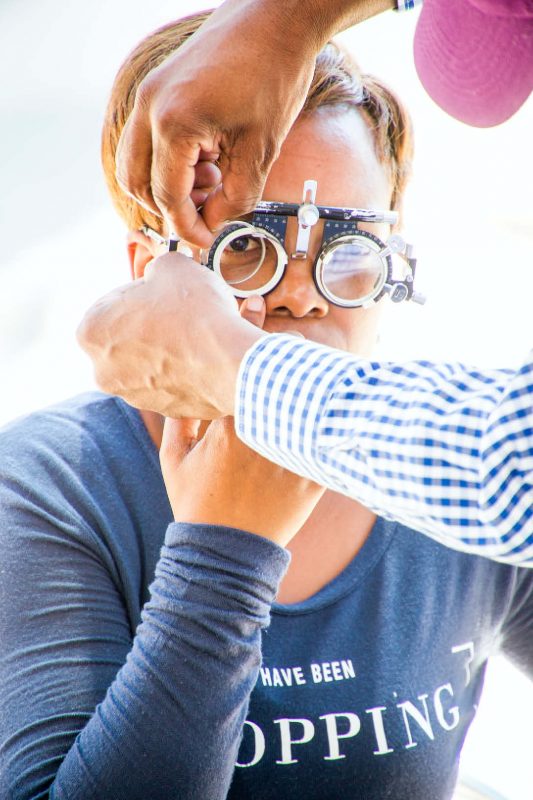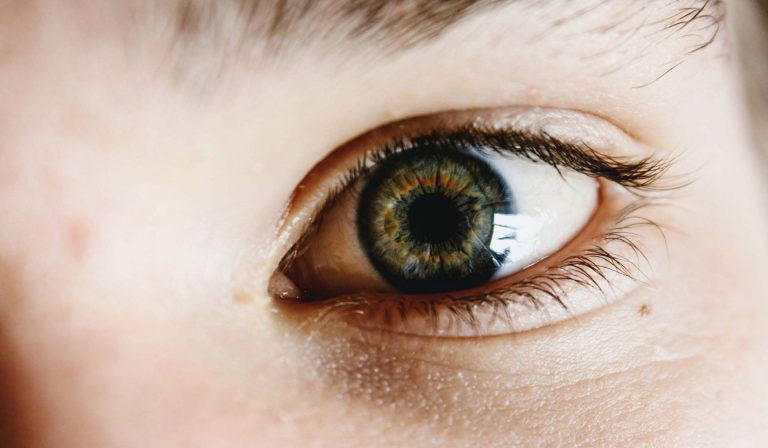Do you know the signs of age-related eye problems? If not, then this blog post is for you. We will discuss a few common eye conditions that people over 50 years old should be aware of so they can seek treatment and prevent permanent vision loss.
Myopia
Myopia, or nearsightedness, is when the eyeball is too long from front to back. Myopic people can see objects clearly at close range but have trouble seeing things in the distance. The most common age-related eye problem in Americans over 40 years old affects about 20/30 of adults and up to 45% of those between ages 65 and 75. Many cases are mild where glasses may correct vision and the progression of myopia can be slowed enough during normal activities such as driving or watching TV. However, many others experience more serious difficulties with their daily life due to this condition which needs a permanent solution like laser surgery for correction.
Cataracts
Cataracts are one of the most common eye problems in elderly people. Cataracts are a clouding of the natural lens found inside your eyes that affects vision, making it harder to see clearly and focus on objects nearby.
This condition is generally caused by wear and tear over time. Cataract treatment usually includes surgery which involves removing your clouded lens for a new one that will be able to help you see again. In some cases where women have cloudy lenses due to hormonal changes, doctors might recommend using certain steroid drops instead of undergoing an invasive procedure.
Glaucoma
With this condition, the optic nerve becomes damaged due to high pressure inside your eye. This causes loss of peripheral vision and pain in your eyes or head. However, some medications can reduce glaucoma’s effects on the nerves if caught early enough.
Macular Degeneration
This condition causes the macula in your eye to deteriorate which results in blind spots or blurry central vision. While there is no cure for this disease, it can be slowed by taking vitamins and minerals such as zinc, copper, lutein/zeaxanthin (found in spinach), omega-three fatty acids (found in fish), and vitamins E, C, A.
Dry Eyes
This condition causes your eyes to feel dry, itchy and irritated. This is due to a lack of tears or the quality of them isn’t adequate for protecting your eye from damage which can lead to vision loss. There are medications available that you apply directly onto the surface of your eyes to help create more moisture on their own.
Night Blindness
This condition is caused by a deficiency of Vitamin A which can lead to impaired vision at night or trouble adapting from bright light to darkness. This disease causes the rods in your eyes that are responsible for night vision, become damaged and results in an inability to see properly during nighttime hours.
Vision Losses
Several different vision losses can occur as we grow older. They include loss of peripheral or side vision and blind spots in your central vision. These conditions cannot be reversed but treatment for them is available such as special glasses and medications to help improve symptoms and enhance the patient’s quality of life.

Diabetic Retinopathy
This condition occurs when high blood sugar levels produce damage to the retina. This is caused by a lack of oxygen and nutrients which can eventually lead to vision loss or blindness if left untreated. Your doctor may prescribe an injection into your eye to slow down the progression of this disease.
As you can see there are ways to prevent age-related eye problems with proper diet and exercise as well as taking medications if needed. If left untreated these conditions can cause permanent loss of sight so please don’t hesitate to visit your local optometrist!






1 Comment
Pingback: 9 Things to Consider Before Taking Your Senior Driving Assessment - Go55s